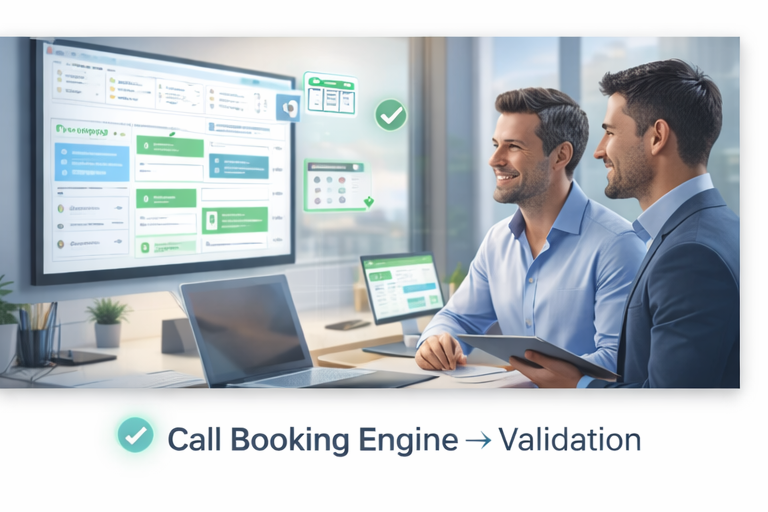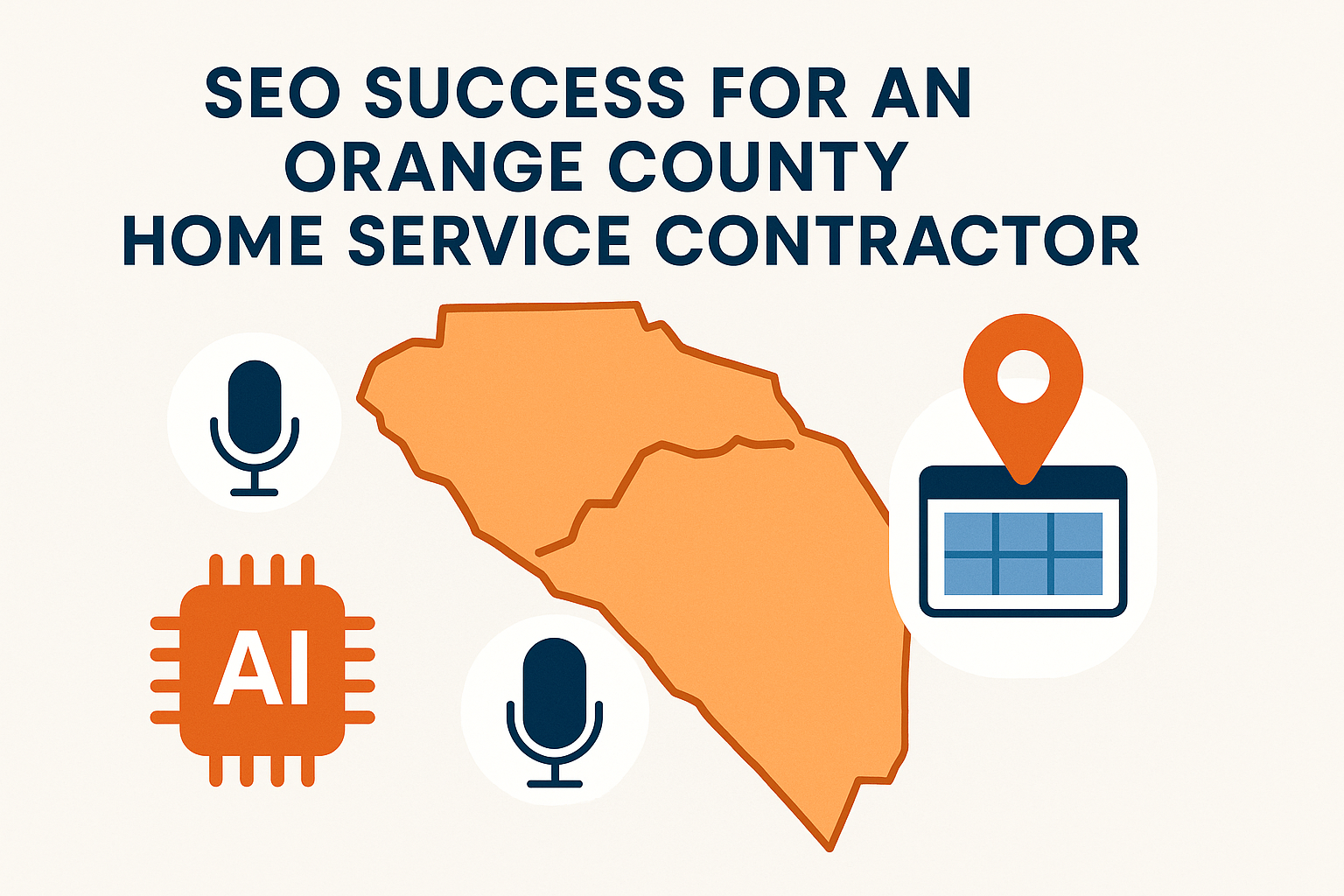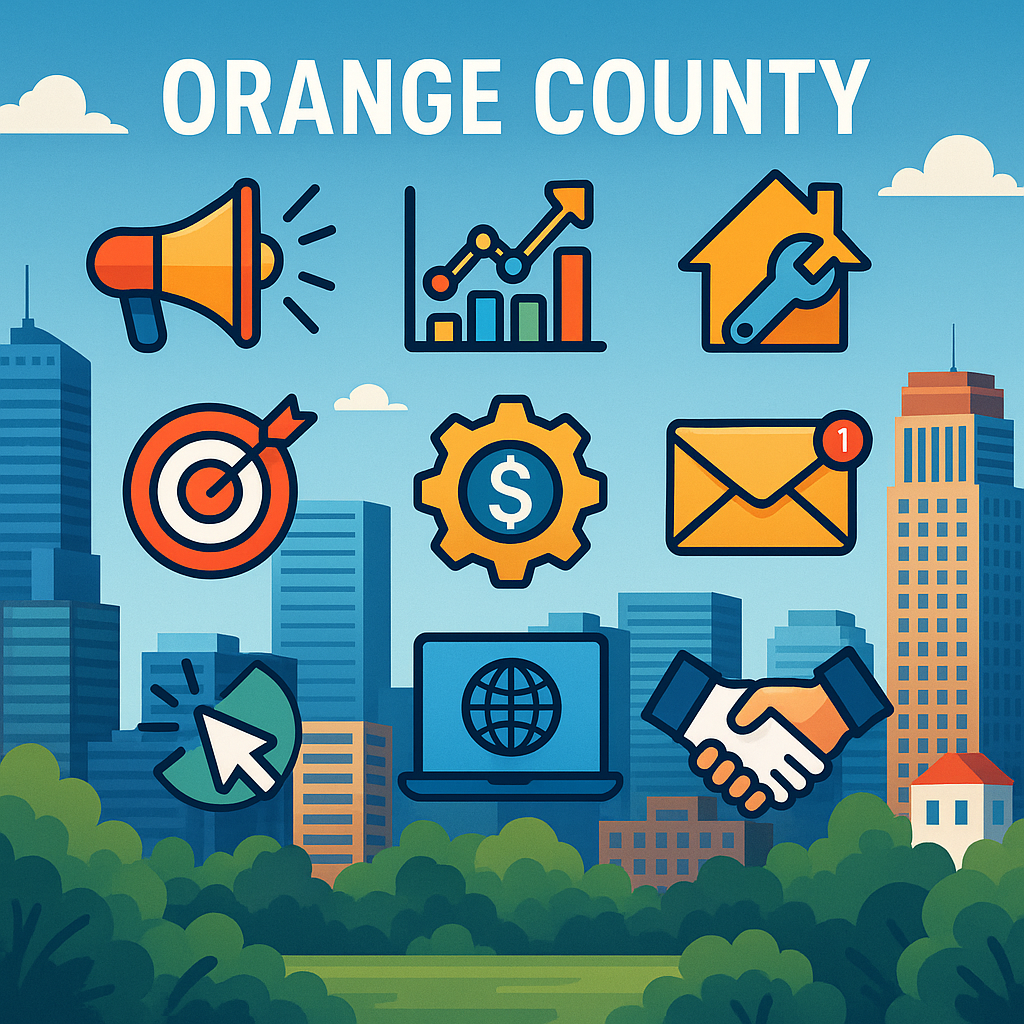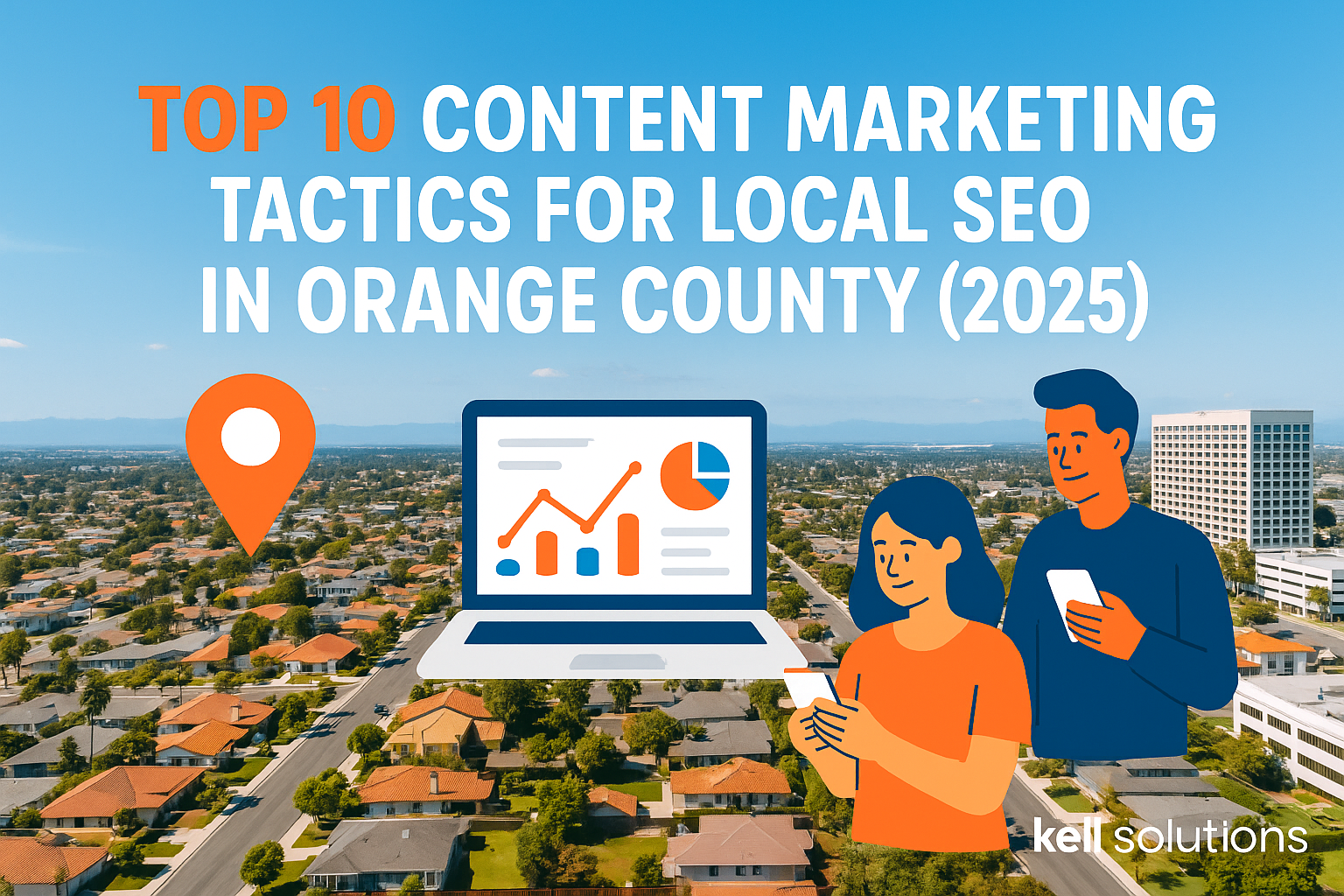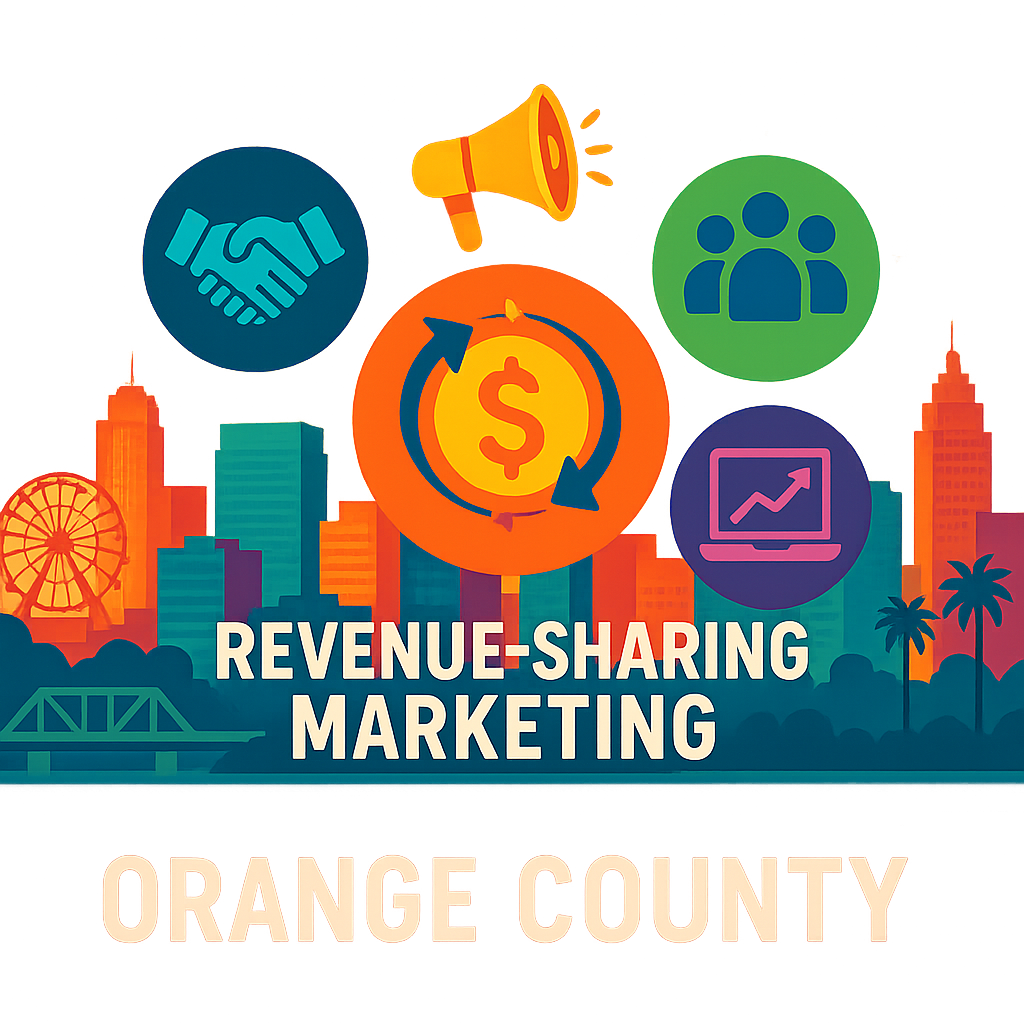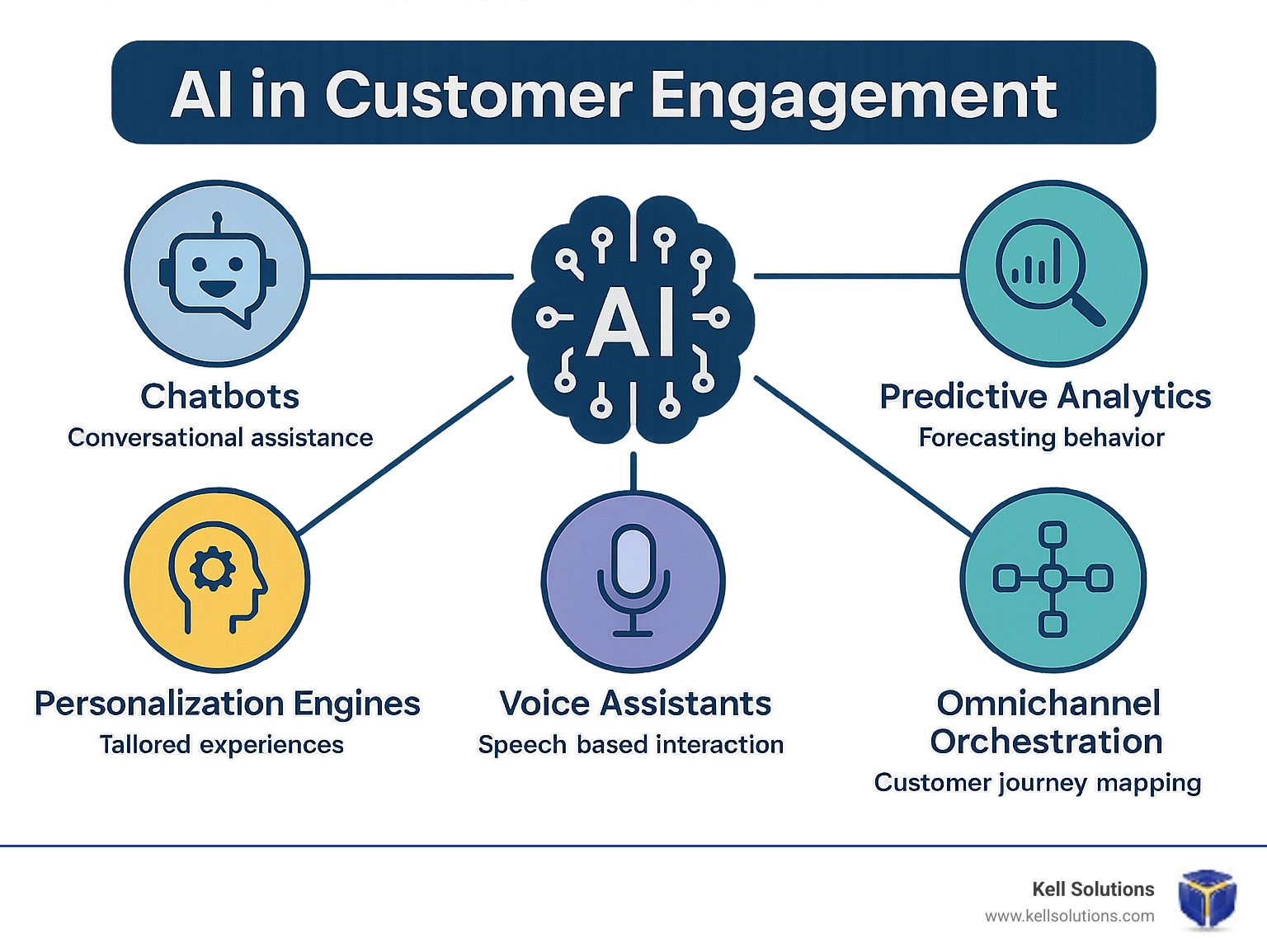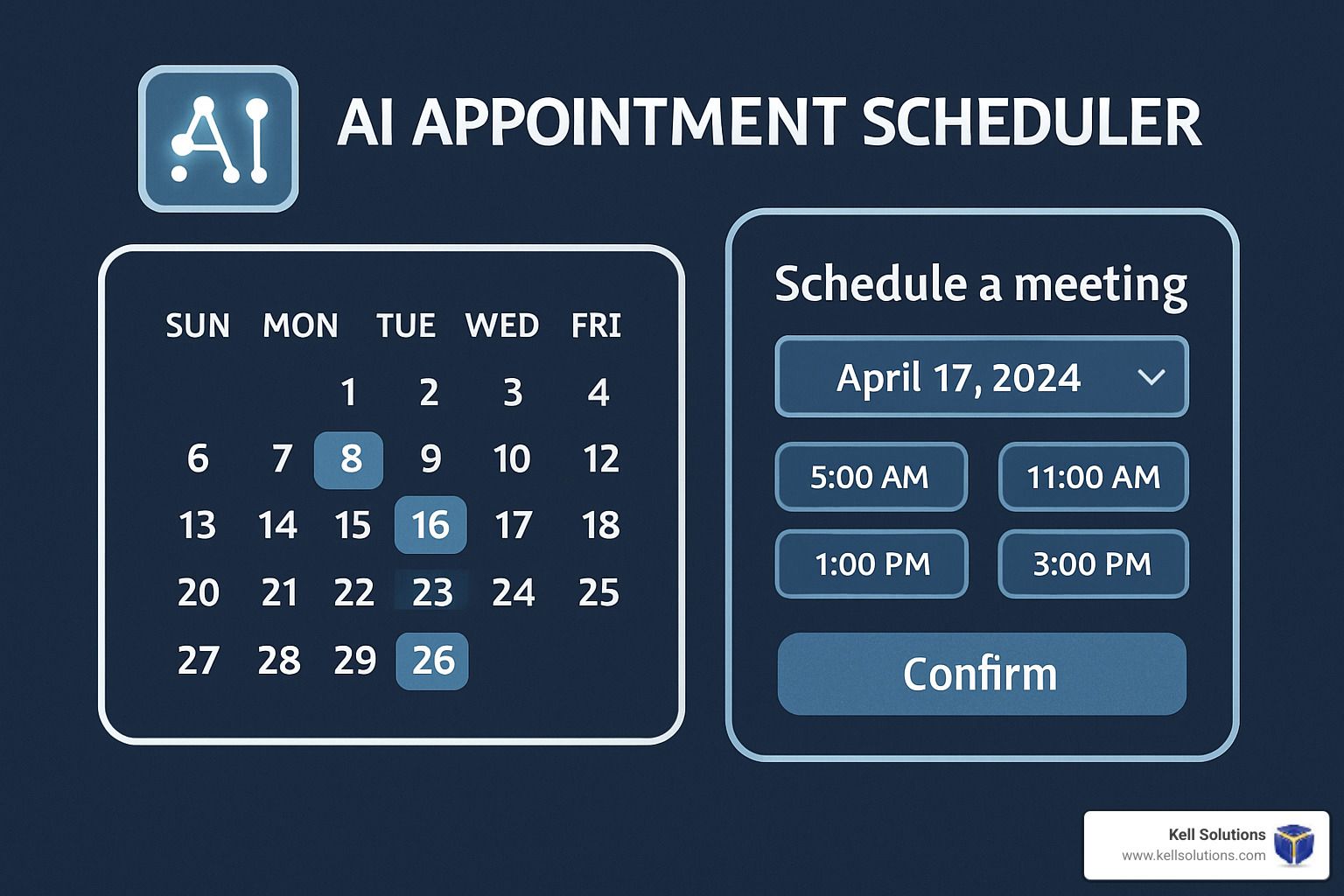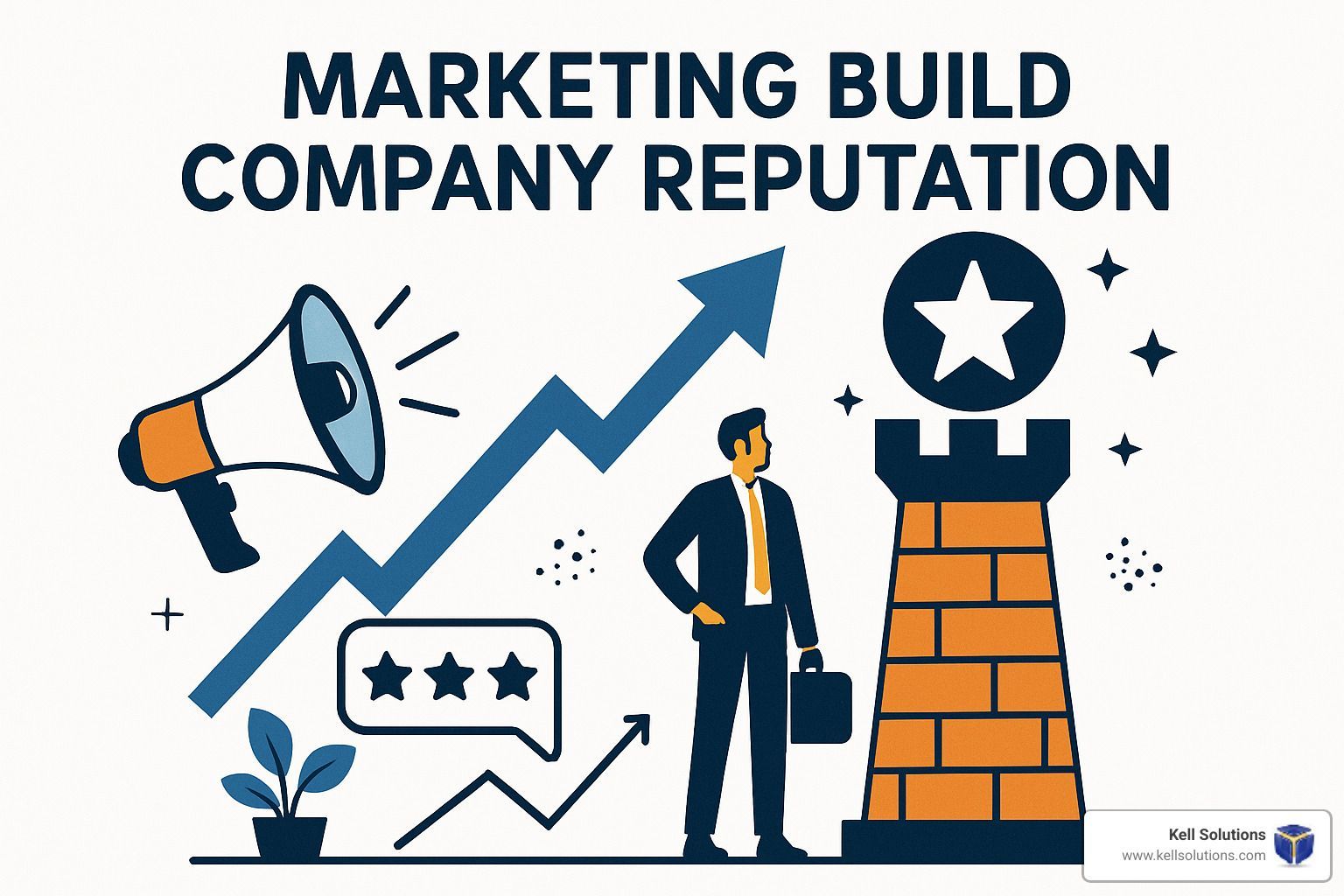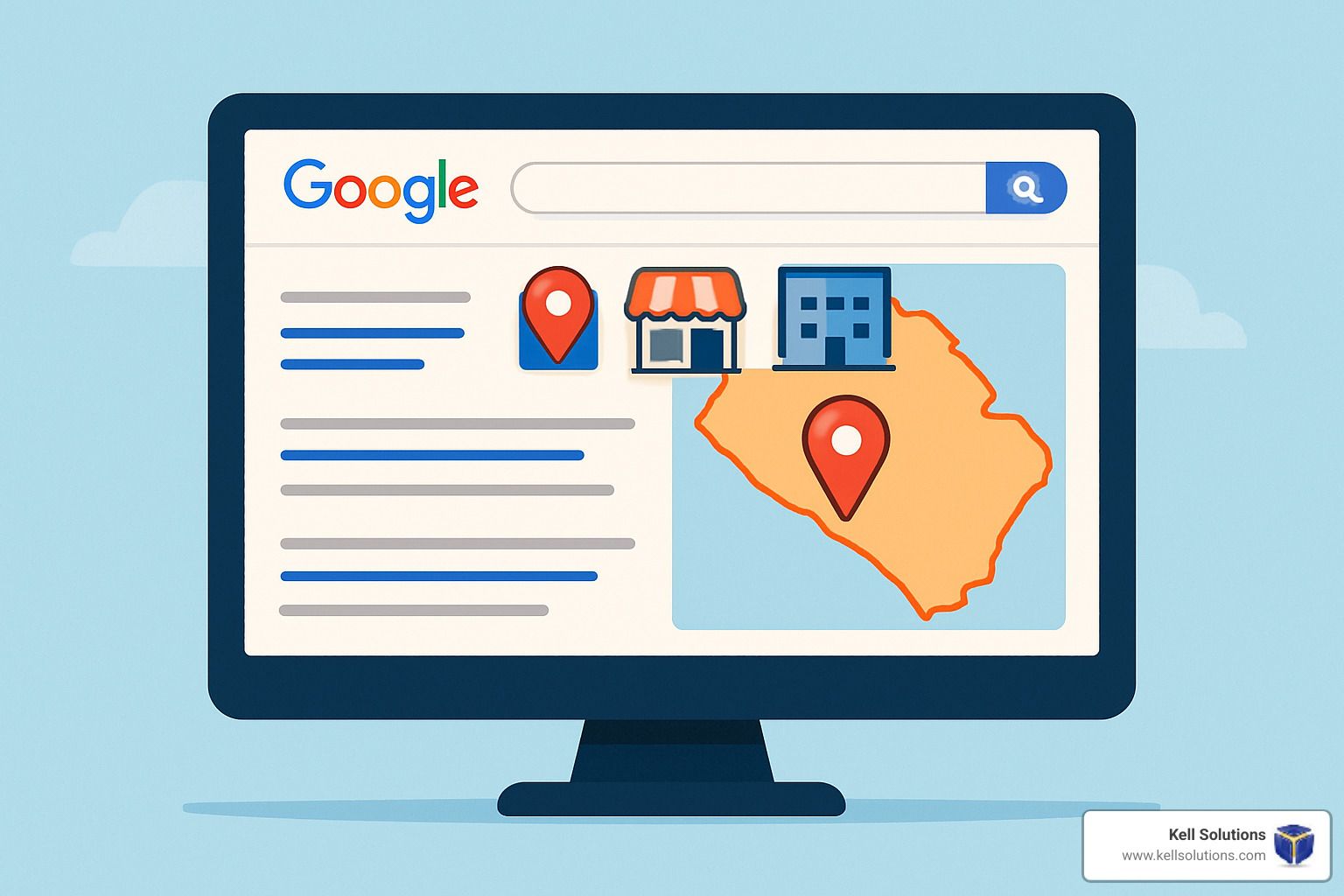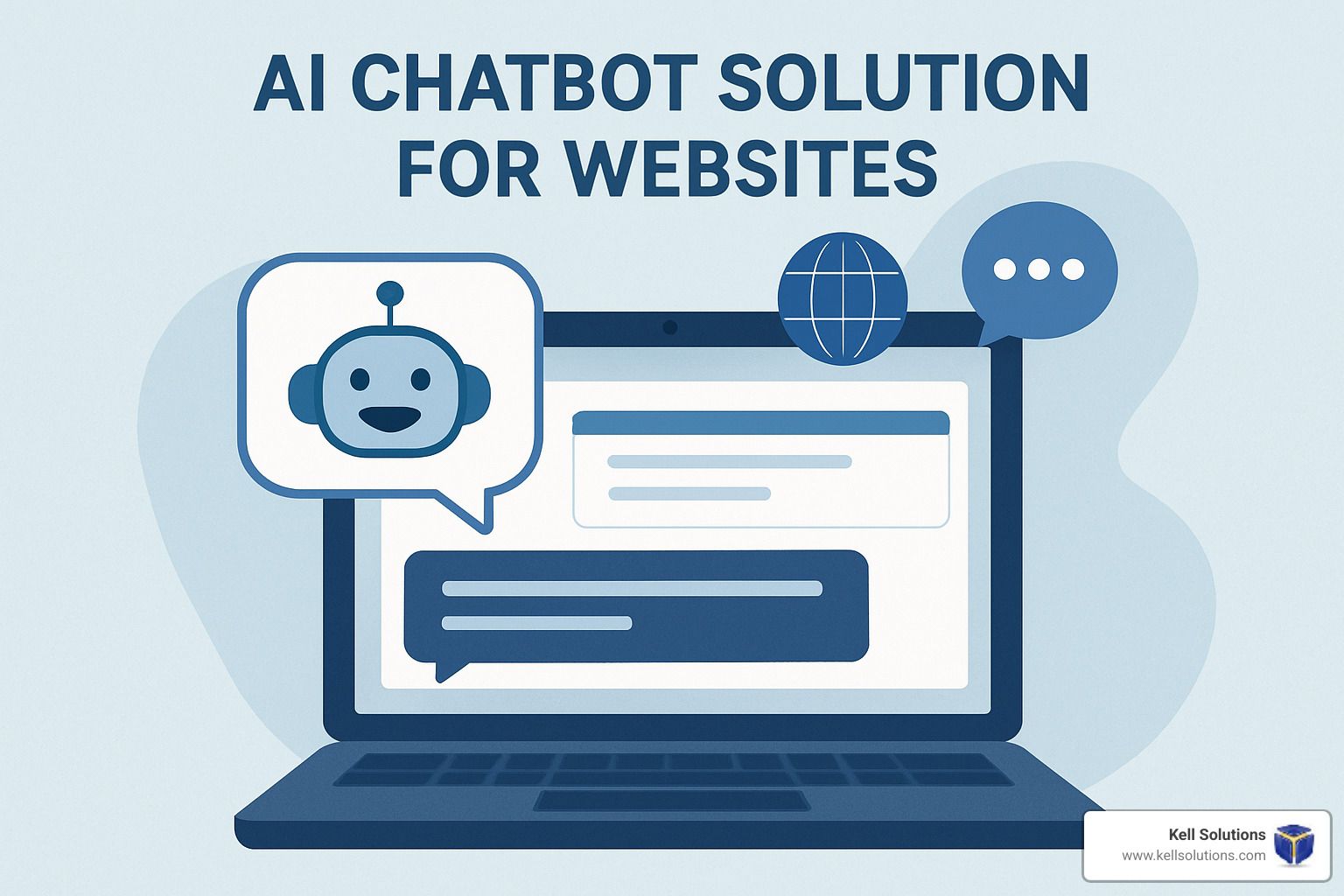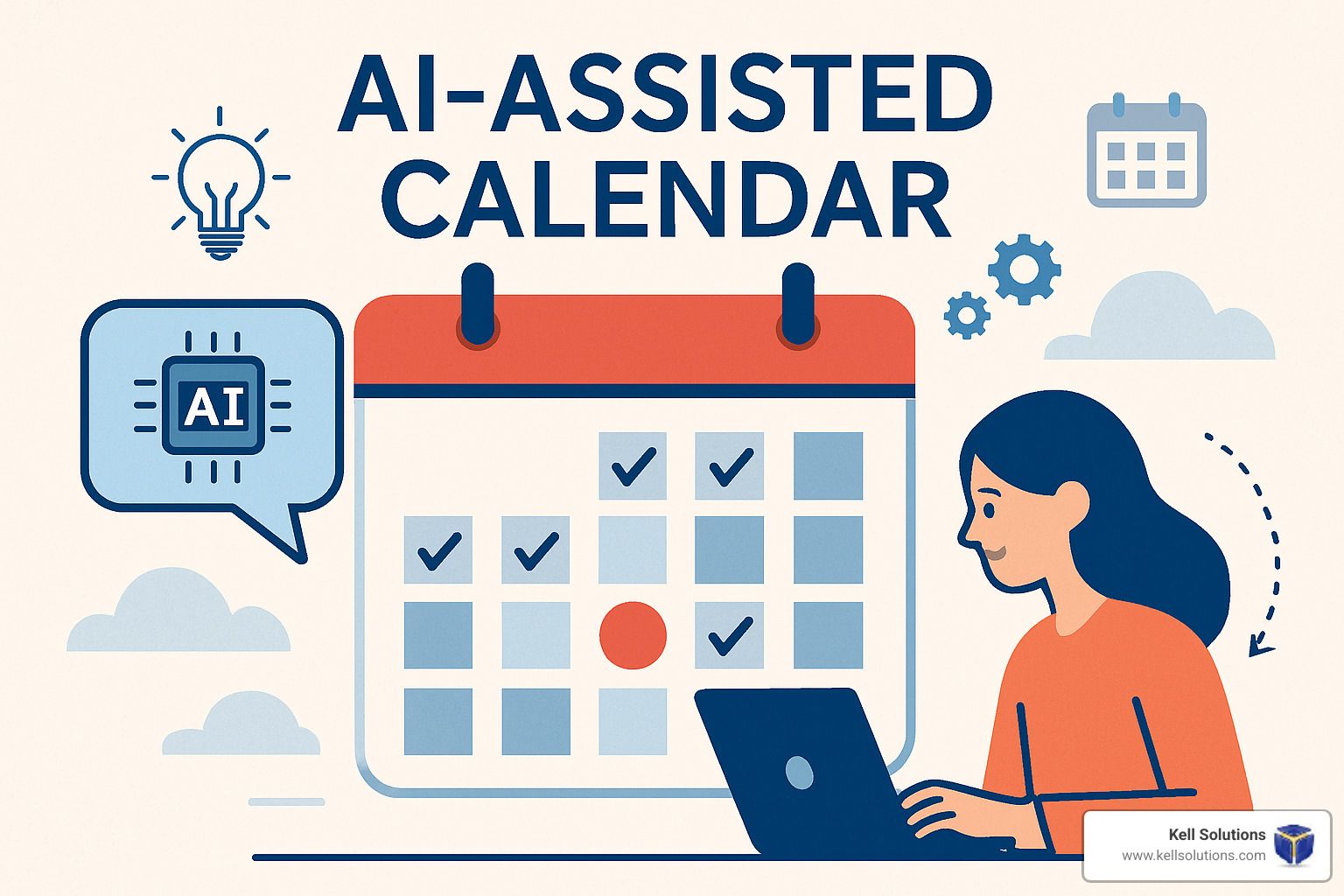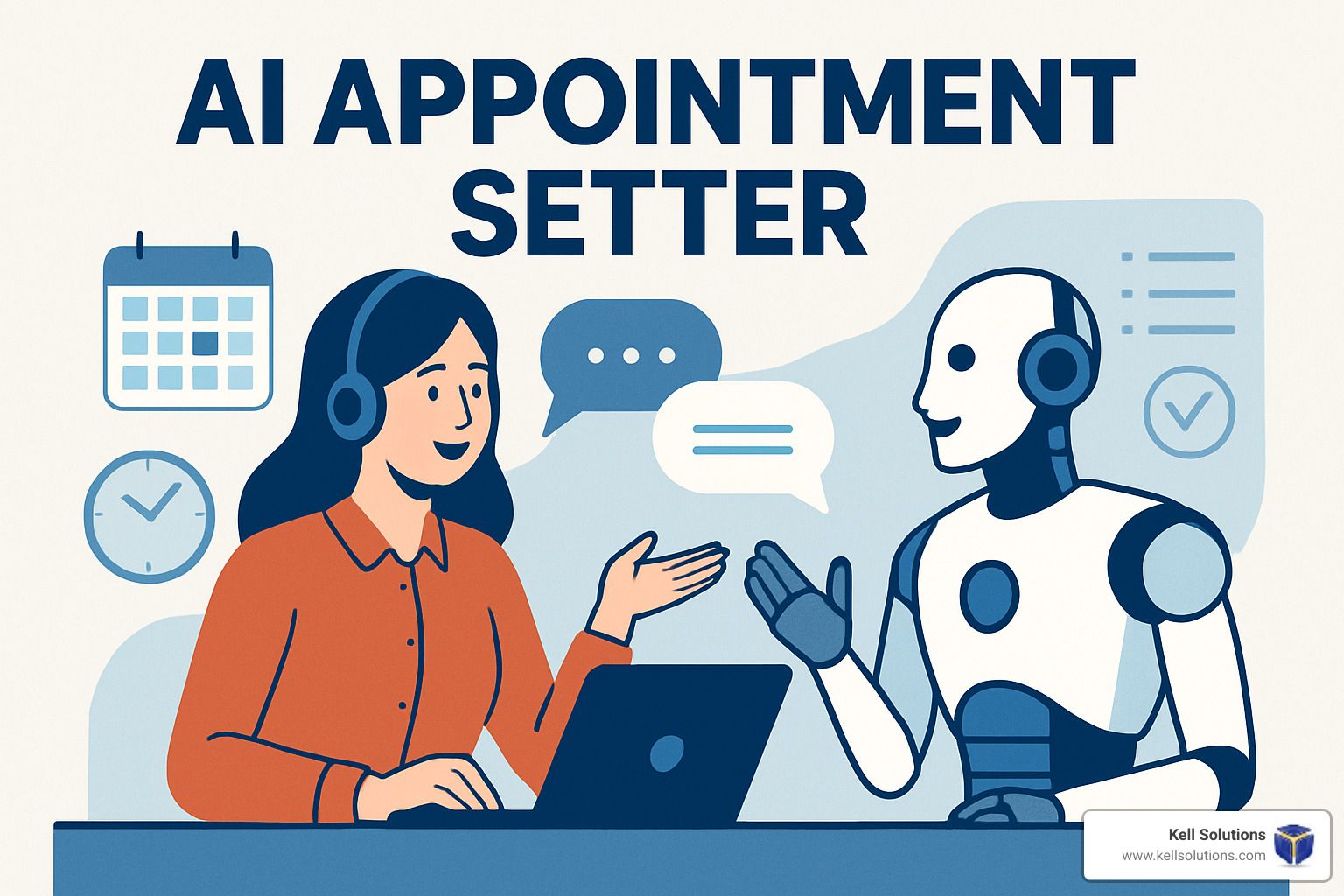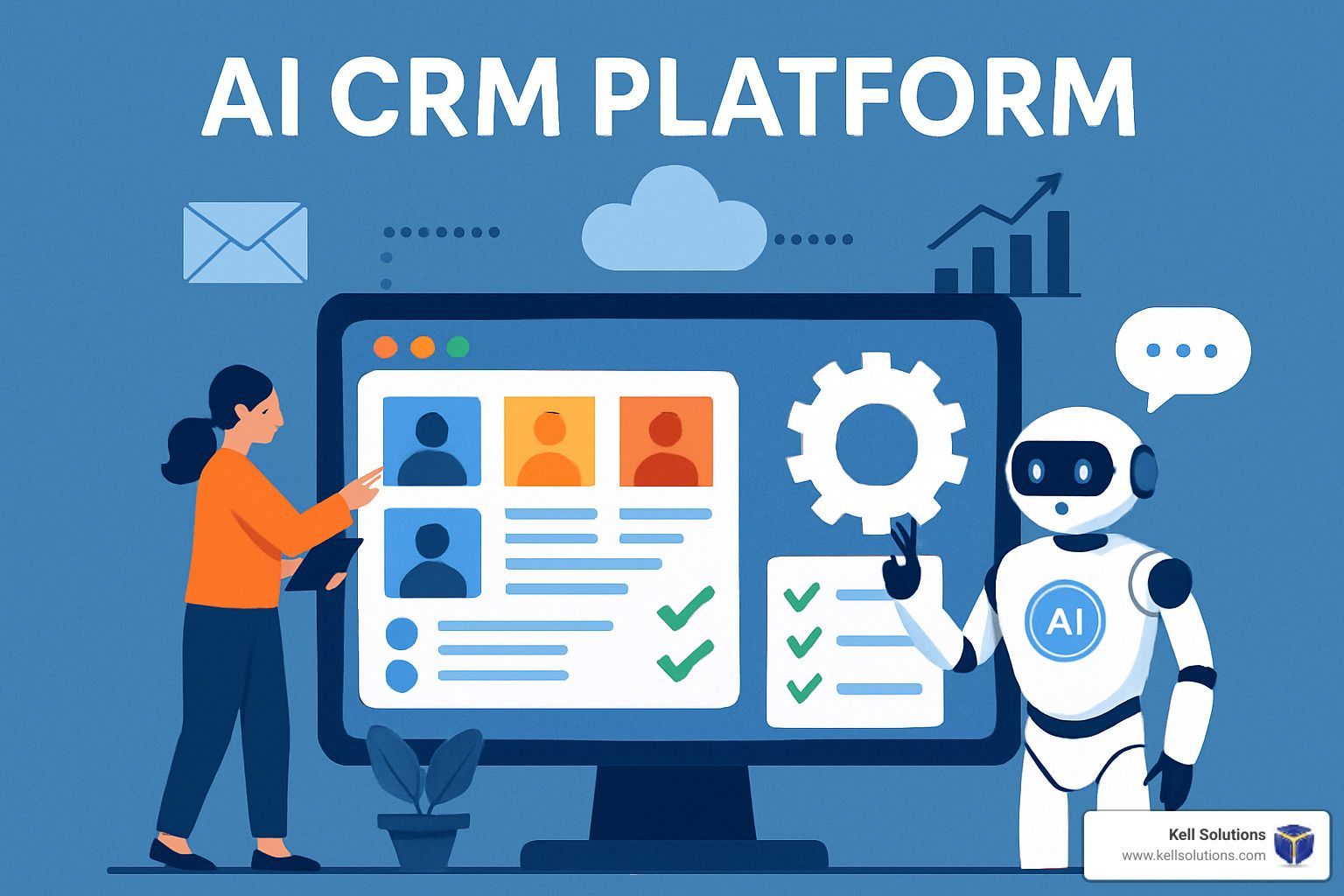Orange County Reputation Marketing: Strategies to Build Trust, Dominate Local Search & Boost Referrals
Why Reputation Marketing Strategies Can Transform Your Orange County Business
Reputation marketing strategies Orange County are the key to turning customer feedback into your most powerful sales tool. Top-performing local businesses proactively amplify positive customer experiences to attract new Orange County clients and build lasting trust, instead of just managing negative reviews.
Core Reputation Marketing Strategies for Orange County:
- Review Generation – Request feedback from happy customers in Irvine, Newport Beach, and Anaheim at peak moments
- Multi-Channel Amplification – Share testimonials across your website, Google Business Profile, social media, and local ads
- Proactive Monitoring – Track mentions and respond within 24 hours on Google, Yelp, and neighborhood platforms like Nextdoor
- SEO Integration – Use customer reviews to boost Orange County search rankings
- Employee Advocacy – Turn your local team into brand ambassadors
- Partnership Leverage – Cross-promote with complementary Orange County businesses
- Feedback Loop Creation – Use customer insights to continuously improve your services
The stats tell the story: 90% of consumers say online reviews influence buying decisions, and 94% avoid businesses after negative reviews. In Orange County’s competitive market, local reputation is the new word-of-mouth.
For busy local businesses, reputation marketing might feel overwhelming, but your reputation is already being shaped every day. The only choice is whether you're actively shaping it — or letting it happen to you.
I'm Gregg Kell from Kell Web Solutions, based in Laguna Beach, and we've spent over 25 years helping Orange County businesses grow through strategic reputation marketing strategies.

Understanding Reputation Marketing for Orange County: Why It Matters
Reputation marketing strategies Orange County help turn satisfied clients into your most convincing salespeople. In local search, customers trust reviews more than ads. 97% say reviews impact their buying, and 50% trust them as much as personal recommendations.
77% of your local prospects require at least three out of five stars just to consider your business. In Orange County, your online reputation not only wins you clients—it determines if you’re even considered.
For deeper marketing insights, see Business Marketing Fundamentals.
Reputation Marketing vs. Reputation Management in Orange County
Most business owners mix these up:
- Reputation management= Damage control after something goes wrong (bad reviews, negative press)
- Reputation marketing strategies= Constantly planting, nurturing, and harvesting great feedback
Forbes research on brand perception finds proactive reputation building grows business — and cushions you in tough times.
Why Even Orange County Small Businesses Need Reputation Marketing
Orange County small businesses often compete with big-brand recognition on small marketing budgets. 76% of local purchases start with an online search and reviews are your instant social proof.
In competitive Orange County cities, reputation is your tie-breaker. Three contractors bid the same job: the one with 60 five-star Google reviews will win—every time.
Reputation Marketing Strategies Uncovered: 7 Pillars for Orange County Success
After coaching hundreds of local firms, these are the seven core pillars:
- Listening & monitoring
- Review generation
- Amplification across channels
- Negative review response
- SEO & content synergy
- Employee & partner advocacy
- Customer experience feedback loop
See full reputation marketing approach for integration ideas.
Pillar 1 – Listening & Monitoring
Setup Google Alerts for your Orange County business name and monitor Yelp, Google, local forums. 78% of customers check online before buying, so these conversations are business-critical.
53% expect a response to negative reviews within one week —but 63% say they never got a reply.
Pillar 2 – Review Generation for Orange County Businesses
Timing is everything: Ask for reviews when customers are happiest (right after a service call or positive resolution).
Make review requests multi-channel (email, text, QR codes). Be specific with the ask, and follow up with a sequence: thank you, check-in, then invite to review.
Pillar 3 – Amplification Across Channels
Share reviews everywhere your Orange County prospects might see you: website homepage, service pages, Google Maps, social media, and paid ads. Ads with customer reviews drive 300% higher click-through rates.

Pillar 4 – Negative Review Response within Reputation Marketing Strategies
80% of consumers believe a business cares more when management responds. Use the 4A framework: Acknowledge, Appreciate, Apologize, Act.
83% of people expect a response within 24 hours on social media. Be public (to show accountability), but solve details privately for customer privacy.
Pillar 5 – SEO & Content Synergy
Reviews contain “user-generated content” keywords (e.g., “best air conditioning in Costa Mesa”), boosting your Orange County local SEO.
Rich snippets and review stars in Google improve ranking and click-through rates. Keep your NAP (Name, Address, Phone) consistent on every platform.
Pillar 6 – Employee & Partner Advocacy
Get your team to share reviews on social media (easy with tools like branded templates). Cross-promote with other Orange County businesses and support local events— 84% of consumers find new businesses online through community connections.
Pillar 7 – Customer Experience Feedback Loop
Use post-service surveys for detailed feedback, turn suggestions into operational improvements, and run local loyalty programs for your best reviewers.

Building & Scaling Your Reputation Marketing Strategy in Orange County
- Step 1: Assess Current Reputation — Google your business, staff, and service terms. Compare with top Orange County competitors.
- Step 2: Set SMART Goals — Track KPIs such as review volume, star rating, response time, NPS, and conversion rates.
- Step 3: Choose Tools/Automate — Use review management software and AI-powered solutions (like VoiceGenie) for monitoring and outreach.
- Step 4: Launch & Promote — Schedule review requests and testimonial posts; train every staff member for reputation awareness.
- Step 5: Scale for Multi-Location — Ensure NAP consistency and customize tactics for each Orange County city you serve.
Measuring Success, Tools & Common Pitfalls
Monitor review growth, average rating, response rates, and (most important) conversion rates and local search rankings.
- Don’t buy fake reviews — it’s detectable and harms trust over time.
- Always respond publicly and promptly to negative feedback.
- Avoid over-automation — authenticity converts far better than canned replies.
Advanced tools provide review monitoring, sentiment analysis, automation, and analytics dashboards far beyond free options like Google Alerts.
Frequently Asked Questions & Next Steps
What are the biggest advantages of reputation marketing strategies?
Trust builds faster — 81% of consumers need to trust a brand before buying. Local reviews get you there in record time. Cost-effective marketing — Earned media drives up to 40% of leads, turning customers into your Orange County sales reps.
How fast should I respond to negative reviews?
83% expect a response within 24 hours, so acknowledge within four hours and offer a resolution in 24-72 hours. Every reply is public proof you care.
Which KPIs prove my reputation marketing is working?
Leading indicators:
monthly review growth, response rate, response speed.
Lagging indicators:
conversion rate, Google Maps ranking, customer retention, and average revenue per client.
What’s the easiest first step for an Orange County business?
Claim and verify your Google Business Profile, start asking happy clients for reviews, and reply to every piece of feedback. Start small, get momentum, and use VoiceGenie AI or similar tools for phone-driven review collection.
For businesses handling lots of calls, VoiceGenie AI ensures great caller experiences that spark positive reviews. Consistency—not perfection—wins.
👉 Explore More from Gregg for Orange County:
Gregg Kell is a digital marketing strategist in Laguna Beach, helping Orange County service firms excel through reputation and AI-powered solutions.


Orange County HVAC Google AI Overview Domination: 7 Proven Strategies to Capture Featured AI Results





